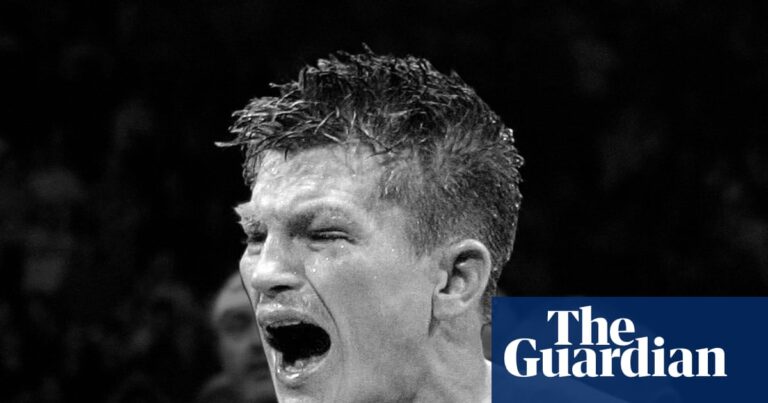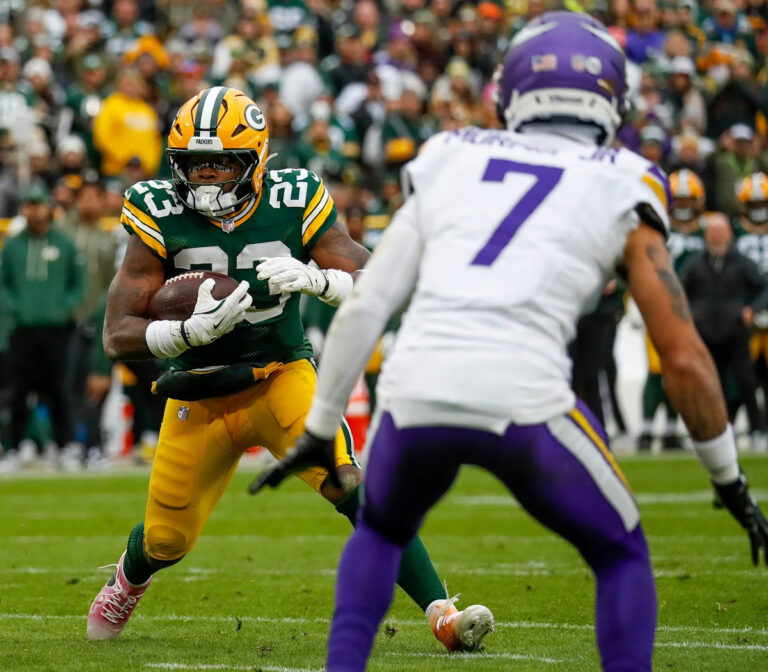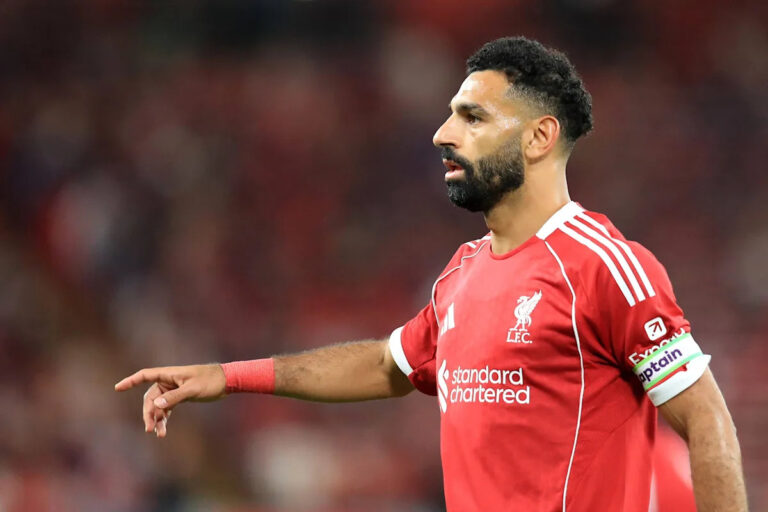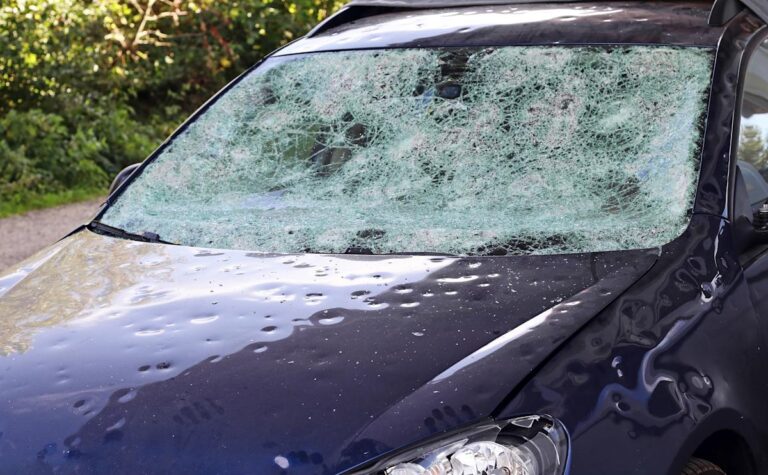
Ricky Hatton used to look like a ghost-faced urchin as he slipped into an old hat factory on the edge of Stockport. It was easy then to imagine him in a past life, stealing through Victorian Manchester as a gaunt fingersmith, his nimble hands relieving rich men of their excessive wealth. But the gory marks on his face always brought us back to the jolting present and his bruising reality as a young and aspiring boxer.
In 2003, when I interviewed him for the first of many times in the atmospheric setting of that converted factory turned into a boxing gym, Hatton was 24 years old. The troubles of the future lay deep in the unknown because everything Hatton did then burned with an immediacy and urgency. He didn’t care that his gaunt and sickly face was mottled with dark blue bruises and crimson nicks which had yet to scab over and start to heal. “Basic wear and tear,” he said with a little grin, “and my skin’s abnormal”. “When I go out into the sun, no matter how long I spend outside, I stay deathly pale. I change colour in the ring. I mark up and I cut.”
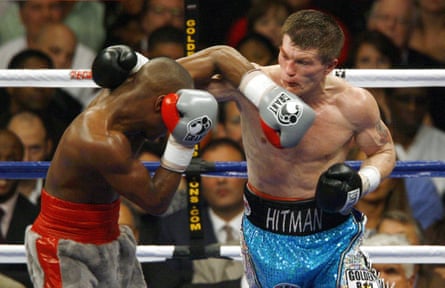
Six years later, when we were together in Las Vegas while he prepared for his penultimate fight, which resulted in him being knocked out chillingly by Manny Pacquiao in 2009, Hatton spoke earnestly of how much it mattered to him that he was so loved. “They see me as an ordinary bloke,” he said of his fans, “and their mate”.
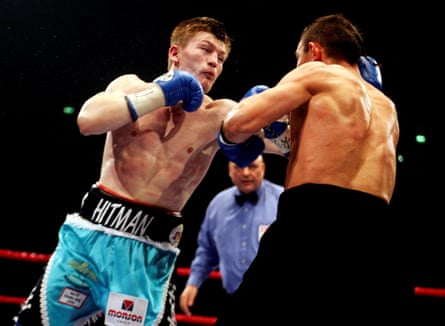
In that interview Hatton also told me: “I was literally thinking: ‘I’m going to drink myself to death here.’ Jennifer [Dooley, his girlfriend and the mother of his daughter Millie] would find me there. Or she would get home and see me with a knife at my wrist. She would take the knife away and calm me down. That was happening on a daily basis at one time – Jennifer taking knives off me or me having panic attacks. I hated the person I’d become.”
Hatton was just as hurt by a bitter estrangement from his parents, to whom he had once been so close, and his years in retirement seemed haunted by a yearning to find himself as he had once been – driven by the consuming dream of one day becoming a world champion. He fulfilled that dream, and did much more, but life was never again as pure and simple as it had been in the days with Billy “The Preacher” Graham.
It seems telling that Hatton was planning yet another comeback at the age of 46 and, a few days before his death, he posted images of himself preparing for a planned exhibition bout in Dubai.
There is often tragedy in boxing and the death of such a great middle‑aged fighter is another grievous loss. But he lived and burned with a furious intensity and, as the truth of his death sinks in, the memories of that ghost‑faced urchin in the broiling old hat factory rise up again. Ricky Hatton was unforgettable then – and he remains so now.

